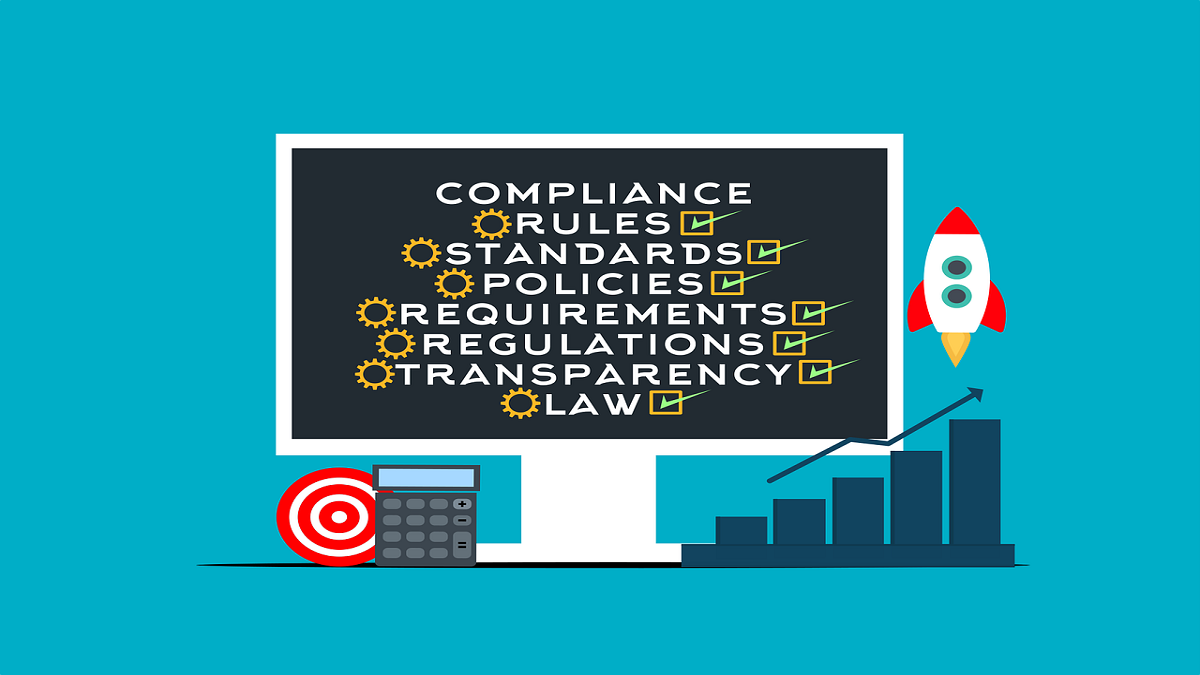13 Aug , 2022 By : Monika Singh

Ease of Doing Business for MSMEs: India Inc’s growth has been fuelled by emerging enterprises, small and medium enterprises (SMEs) and startups in recent years and has drawn a slew of investors from across the globe. While many of these companies are trailblazers in their own domains be it e-commerce, pharma, health-tech, marketplace, their fast-paced proliferation has also witnessed instances of fraud, ethics, and compliance concerns. This highlights the worrying lack of robust corporate governance frameworks in these rapidly advancing organisations.
According to EY’s Global Integrity Report 2022, more than half of the global respondents believed that standards of integrity had either remained the same or even worsened in the past 18 months. Intense scrutiny by regulators, increased emphasis on the responsibilities of independent directors, and investor expectations have been some of the key factors that are reiterating the need to build a strong ethical and integrity framework within organisations.
For emerging enterprises, corporate governance may seem onerous during the initial years when they typically are focusing on core operations including establishing supply chains, building a customer base, and focusing on profitability. However, organisations that overlook creating a governance and integrity framework may have to face harsh consequences leading to reputational damage, financial penalties, termination of customer contracts, frequent changes in leadership, and loss of investor confidence.
Key risks for emerging enterprises
New businesses tend to usually face challenges in areas of related party transactions of key management personnel (KMP), situations around conflict of interest, and the absence of due diligence procedures while engaging third parties and monitoring transactions thereafter. Another factor that may be a major point of struggle is the lack of separation between the board of directors and top management, which may indicate concerns around the independence of the board.
Another emerging trend that adds to the list of growing corporate governance concerns in emerging enterprises is the use of social media to raise complaints or concerns. Today, if a whistleblower feels that the concerns raised to the organisation or its management through suitable channels were not appropriately addressed, he/she may resort to voicing issues on online platforms. This can cause serious reputational damage to the company.
Considering the rising issues resulting from inadequate governance and risk management, management and promoters in emerging enterprises are realizing the pressing need to embed ethics in the functioning of an organization early on in their entrepreneurial journey.
How can corporate governance add value?
The building blocks for a corporate governance framework for emerging enterprises include:
Emerging enterprises should consider implementing a governance, risk and compliance framework but, at the same time, ensure that it does not overburden the system with elaborate procedures which may not be very pragmatic keeping in mind their size and scale. It is imperative that the frameworks designed are in line with the type of organisation and where it is in its growth path. For example, emerging enterprises that are still at a nascent stage, are likely to be focused more on establishing a strong operational base or making an entry into a market, and their integrity procedures may be limited.
Building a sustainable and ethical future
In times of crises like the pandemic, when the top management may have struggled with business stability, security and continuity, emerging enterprises with well-defined processes in place may have typically fared better in comparison to ones that did not. In the aftermath now, as businesses are striving to regain lost ground, cases of misconduct or unethical activities are coming to the fore in companies where they had been overlooked.
Far from being just ornamental, operating with integrity and governance can bring tangible benefits and even be a business differentiator on several levels. Focusing on corporate governance is increasingly important for emerging enterprises that may seek to work with larger companies, including multinational corporations, which are usually their large suppliers or customers. Even when exploring new funding opportunities or additional capital requirements, investors are increasingly viewing companies with a solid corporate governance and integrity framework as an attractive and secure investment. In cases of listing aspirations, regulatory requirements and shareholder expectations also set the bar, calling for robust compliance and governance measures.
As SMEs continue to grow and work through today’s evolving regulatory landscape, building a strong governance and risk mitigation framework from the beginning will be crucial to drive sustainable long-term growth and create value for all stakeholders.
0 Comment